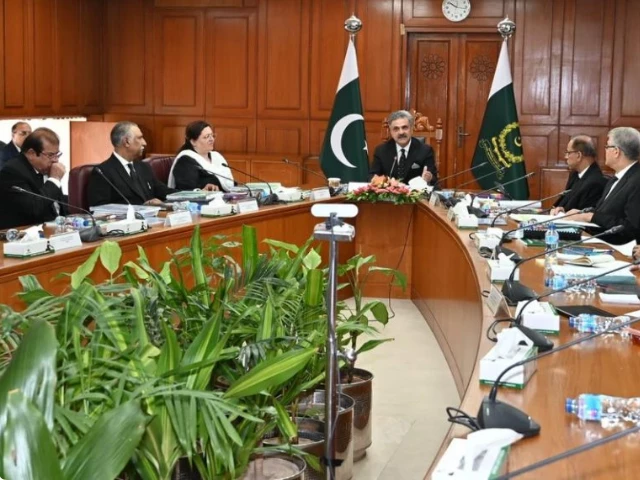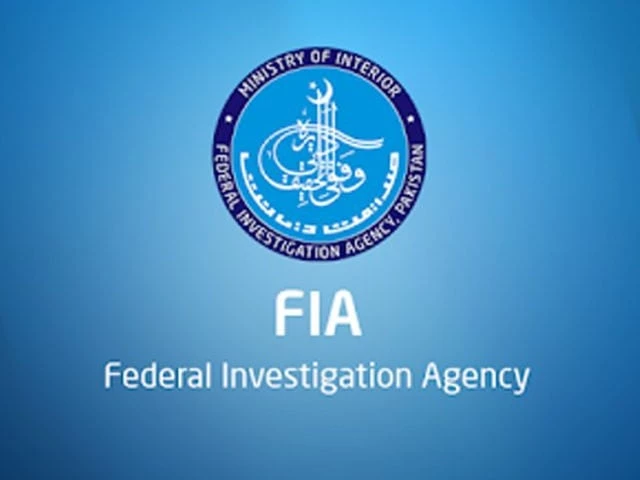Tackling Enforced Disappearances: A New Dawn for Pakistan’s Judicial System
In a significant step forward, the National Judicial Policy Making Committee (NJPMC) in Pakistan has made a unified decision to address the pressing issue of enforced disappearances. This initiative, launched under the guidance of Chief Justice Yahya Afridi during their 53rd meeting, aims to develop an institutional response in collaboration with relevant executive bodies. It’s encouraging to see the judiciary taking such ardent steps towards safeguarding human rights and ensuring accountability.
But that’s not all! The NJPMC also greenlit several transformative measures designed to modernize and enhance the efficiency of Pakistan’s judicial system. Among these initiatives is the establishment of a "Commercial Litigation Corridor." This program will expedite the resolution of business disputes, providing a much-needed boost to the local economy. Additionally, the introduction of "Model Criminal Trial Courts" is set to speed up criminal cases, making the judicial process more streamlined and accessible for everyday citizens.
Other noteworthy initiatives discussed included the creation of a pilot system for Alternative Dispute Resolution (ADR), which hopes to offer parties involved in conflicts a chance to resolve their issues without a prolonged court battle. The NJPMC is also working on standardizing judicial procedures across districts, ensuring consistency and fairness in the legal process.
One of the committee’s goals is to enhance the role and inclusion of lawyers in court operations. This ambition led to the proposal of a "Professional Excellence Index," designed to help lawyers further develop their skills and improve their practice.
In an era where technology is becoming increasingly integral, the ethical implications of using Generative AI in court operations were also on the agenda. The committee has tasked the National Judicial automation Committee with drafting a comprehensive ethical framework to ensure that technology enhances, rather than complicates, the judicial process.
Moreover, addressing the need for better facilities, the committee applauded initiatives such as the construction of daycare centers and women lawyers’ bar rooms. They also emphasized the importance of providing health insurance for judges and their families, acknowledging the often-overlooked aspects of judicial welfare.
Lastly, a pivotal change announced is that tax and financial-related constitutional cases will now be assigned to division benches in the High Courts instead of single benches, which could lead to more rigorous scrutiny and fairer outcomes.
In essence, these moves reflect a significant shift towards a more responsive and inclusive judicial system in Pakistan. If you’re interested in keeping up with such developments and how they might affect you, consider connecting with Pro21st, where we share insights and information to keep you informed.
At Pro21st, we believe in sharing updates that matter.
Stay connected for more real conversations, fresh insights, and 21st-century perspectives.





